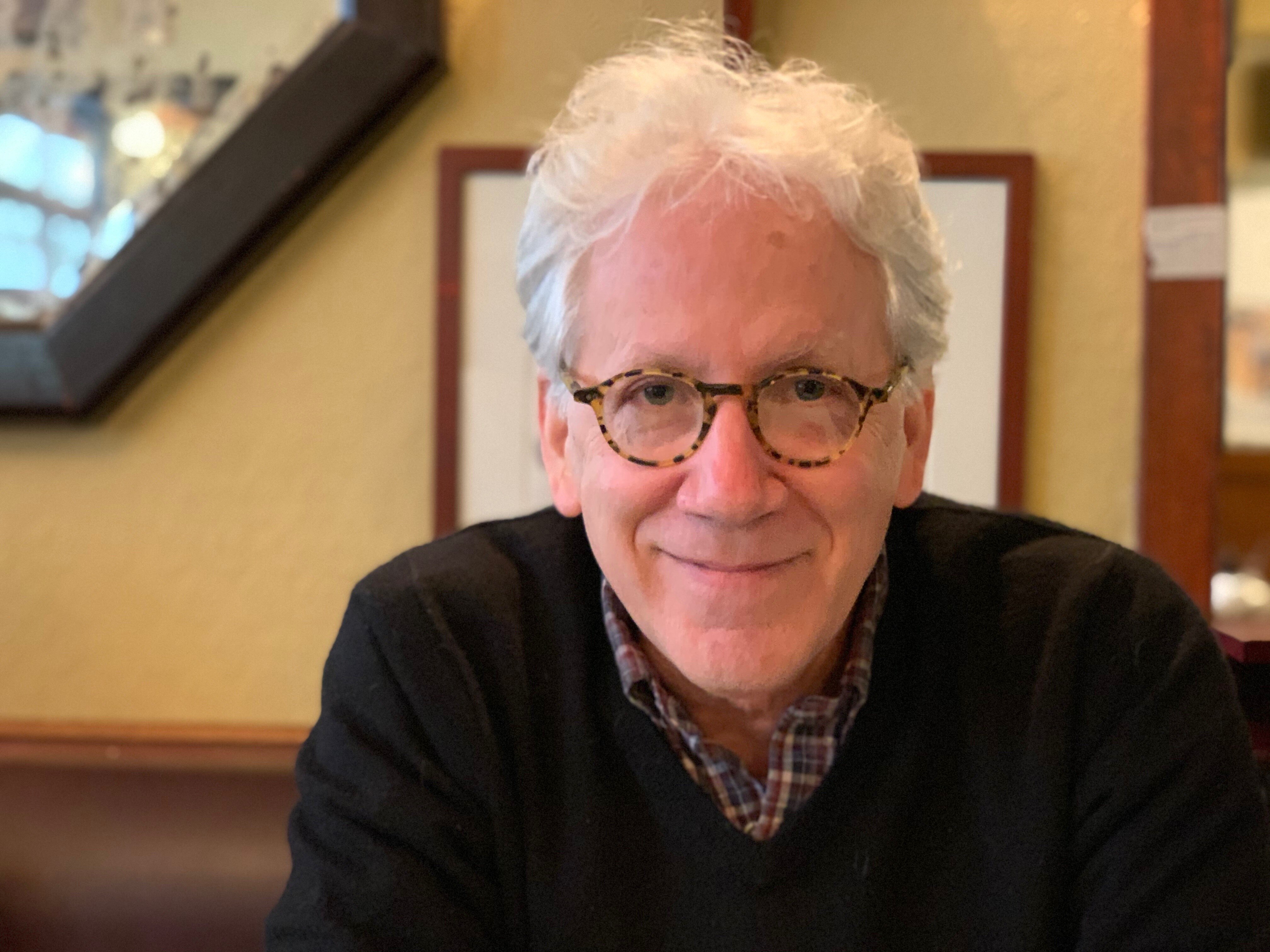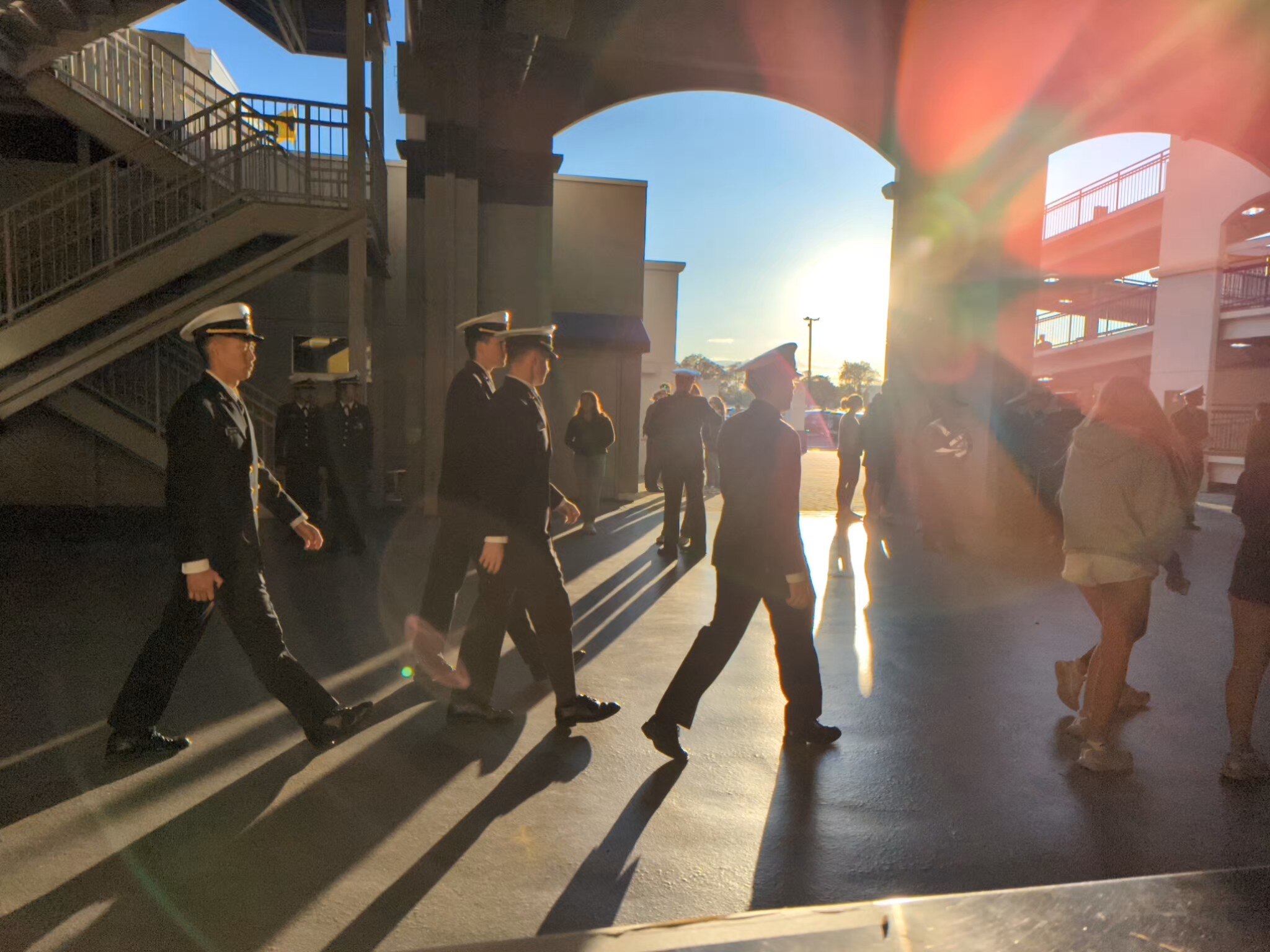CURRENT EDITION: baltimore (none)🔄 Loading BlueConic...EDITION HISTORY: No changes tracked
🔵 BlueConic: ___🔗 Query: ___✏️ Composer: ___
Social justice
Commentary: Women’s sports deserve an even brighter spotlight
Women’s sports continue to draw bigger audiences and deserve a larger presence in network TV coverage, says Skye Merida, the social media manager for the upcoming women’s basketball docuseries, “Can’t Retire From This.”
Commentary: My college memories at Morgan State University will always include the shootings
After a great college experience at Morgan State, I think about the students we lost to senseless violence.
Commentary: Baltimore has been flattening the curve on murders
While Baltimore’s leaders continue to look for ways to lower the city’s murder rate, a flattening of the curve on homicides is evident, Lawrence Brown, an author and research scientist in the Center for Urban Health Equity at Morgan State University, says.
‘Women need to be heard, helped, and empowered,’ says Commission for Women’s new chair
Kionne T. Abdul-Malik has been named chairperson for the Baltimore Commission for Women, whose mission she sees as more vital than ever in today’s current political climate.
Letters: Would Baltimore’s civil rights giants let Marilyn Mosby go it alone?
Offering support to the former Baltimore state's attorney as she faces criminal prosecution would be following a legacy established by civil rights giants of the past, Haki S. Ammi, a community activist and author, says.
Letters: Black artists’ vital perspectives now at Reginald F. Lewis Museum
A new exhibition at the Reginald F. Lewis Museum shows how Black artists of the 19th and 20th centuries interpreted the Black experience in America, Janet Currie, Greater Maryland president of Bank of America, says.
Plans unveiled to restore historic former home of Parren Mitchell
One of Baltimore’s greatest statemen lived at the corner of Carrollton and Lafayette in West Baltimore across the street from Lafayette Square, long ago nicknamed the square of the churches for all the splendid churches built around it.
Advocates mount push for reparations in Maryland amid national debate
Reparations — and who ultimately will receive them — remains a contentious debate in this country and in Maryland.
Sermon on the streets: A trans pastor helps those on the margins find grace
Growing up, Elazar Zavaletta heard that trans people, like him, are an "abomination" in the eyes of God. Now a Lutheran pastor, Zavaletta has transformed his pain into solidarity with marginalized people.
Commentary: Attacks on interrogation law ignore everything we know about children
Maryland must uphold recently enacted legal protections for children who are subject to interrogation by police, say Jessica Feierman, an attorney and senior managing director at the Juvenile Law Center, and Emily Virgin, an attorney and director of advocacy and government affairs at Human Rights for Kids.
Letters: Richard Roundtree earned icon status
Richard Roundtree's portrayal of the title character in the 1971 film "Shaft" earned him icon status, Wayne E. Williams says.
Commentary: Palestinians endure continuing loss of lives from Israeli attacks in Gaza
With the death of his brother during Israel’s bombing of Gaza, a Palestinian American says he fears for the lives of other family members there.
Commentary: Baltimore saw “Shaft” before almost anyplace else
Actor Richard Roundtree, who died Tuesday at age 81, created the iconic film character John Shaft, who redefined Black male characterization in movies and across popular culture.
Before judge’s assassination, lawmakers knew there was a problem
It’s not clear how a gunman found Judge Andrew Wilkinson's Hagerstown home Friday night and shot him to death in his driveway. Maybe he followed him home, or maybe he stalked him on the Internet. But Maryland lawmakers knew this kind of violence was a threat.
Political notes: Fundraising season kicks off; state Supreme Court to right racist decision; Harborplace update
Political notes: Fundraising season; state Supreme Court to right a racist decision; and updates on Harborplace.
Fighting for the rights of people with disabilities
Meghan Marsh has been the executive director since September at Disability Rights Maryland.
Maryland Muslim leaders say ‘innocent lives deserve to be protected’ in Gaza
“There is no safety in Gaza. I feel defenseless knowing something might happen and I have no power to stop it," a founder of the Palestinian Community of Metro DC said.
Commentary: When it comes to Billie Holiday, we still have a lot to learn
Familiar portrayals of traumatic and tragic elements of Billie Holiday’s life can miss the point of her story: Eleanora Fagan from Baltimore had a singular voice and a lasting musical and cultural impact.
Will Schwarz is on a mission to make sure we learn about lynchings in Maryland
As president of the Maryland Lynching Memorial Project, Will Schwarz has the task of addressing the atrocities of racial terror murders of the past while helping to ensure that these crimes are not repeated in the future.
Sarah Huckabee Sanders emailed me. I bet we disagree over the Naval Academy admissions suit.
Some backing a lawsuit in federal court seeking to stop the Naval Academy from using race as an admissions factor want to define who gets to be a midshipman based on their experience. They don’t want a fair system, they want the same one that favored them.












